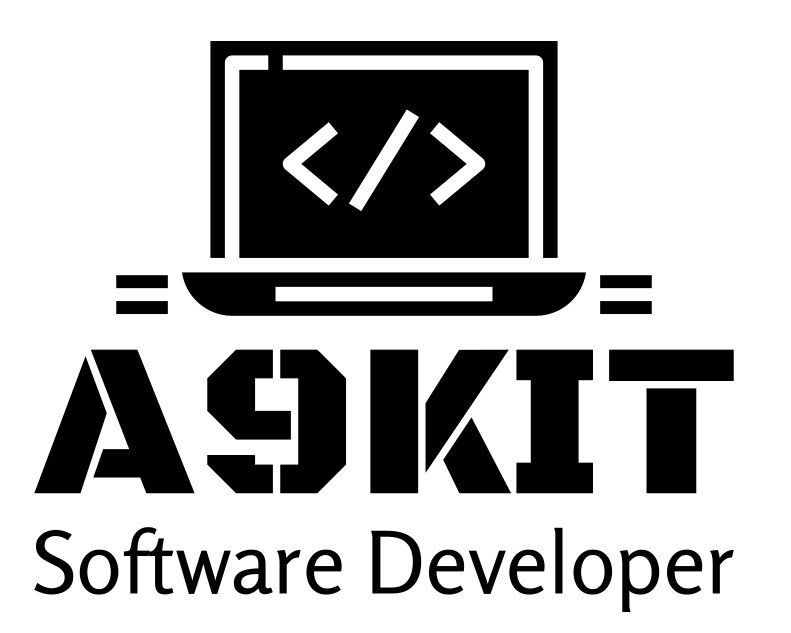When building web applications using Node.js and Express, it is essential to have a robust error handling mechanism in place. Express provides middleware that allows developers to catch and handle errors effectively. In this article, we will explore the concept of Express error handler middleware and discuss its implementation to create a reliable error handling system.
Understanding Express Error Handler Middleware
In an Express application, middleware functions are used to handle requests and responses. Error handler middleware specifically focuses on catching and handling errors that occur during the request-response cycle. When an error is encountered in any of the preceding middleware or route handlers, the error handler middleware is invoked to handle the error gracefully.
Implementing Express Error Handler Middleware
To implement error handler middleware in an Express application, follow these steps:
Step 1: Define the Error Handler Middleware Function
Create a new JavaScript file, such as errorHandler.js, and define the error handler middleware function. The error handler middleware function takes four arguments: err, req, res, and next. It has access to the error object (err) as well as the request and response objects (req and res). Here’s an example of a basic error handler middleware function:
function errorHandler(err, req, res, next) {
res.status(500).json({ error: 'Internal Server Error' });
}Step 2: Register the Error Handler Middleware
In your main application file (e.g., app.js or index.js), import the error handler middleware function and register it using app.use(). Make sure to place the error handler middleware after all other middleware and route handlers to catch any errors that may occur. Here’s an example:
const express = require('express');
const errorHandler = require('./errorHandler');
const app = express();
// Other middleware and route handlers
// Error handler middleware
app.use(errorHandler);
Step 3: Triggering the Error Handler Middleware
To trigger the error handler middleware, you can either throw an error manually within your route handlers or let Express handle any unhandled errors automatically. Here are examples of both scenarios:
// Manually throwing an error in a route handler
app.get('/example', (req, res, next) => {
try {
// Perform some operation
throw new Error('Something went wrong');
} catch (err) {
next(err); // Pass the error to the error handler middleware
}
});
// Express automatically handling unhandled errors
app.get('/unhandled', (req, res, next) => {
// Perform some operation
// An error will be thrown without catching it
next(new Error('Unhandled Error')); // Express will catch this error and pass it to the error handler middleware
});
Customizing the Error Handler Middleware
The example above shows a basic implementation of the error handler middleware, but you can customize it to suit your application’s specific needs. You can format the error response, log the error, send different HTTP status codes, or even render custom error pages.
To customize the error handler middleware, modify the function body according to your requirements. You can access the error details in the err object and use them to provide appropriate responses to the client.
Conclusion
Implementing error handler middleware in your Express application is crucial for handling errors gracefully and ensuring a smooth user experience. With Express error handler middleware, you can catch and process errors that occur during the request-response cycle, providing meaningful responses to clients. Remember to handle errors effectively, place the error-handling middleware at the end, following all other middleware and route definitions.
By following the steps outlined in this article and customizing the error handler middleware to your application’s needs, you can create a reliable error handling system and enhance the robustness of your Express application.

